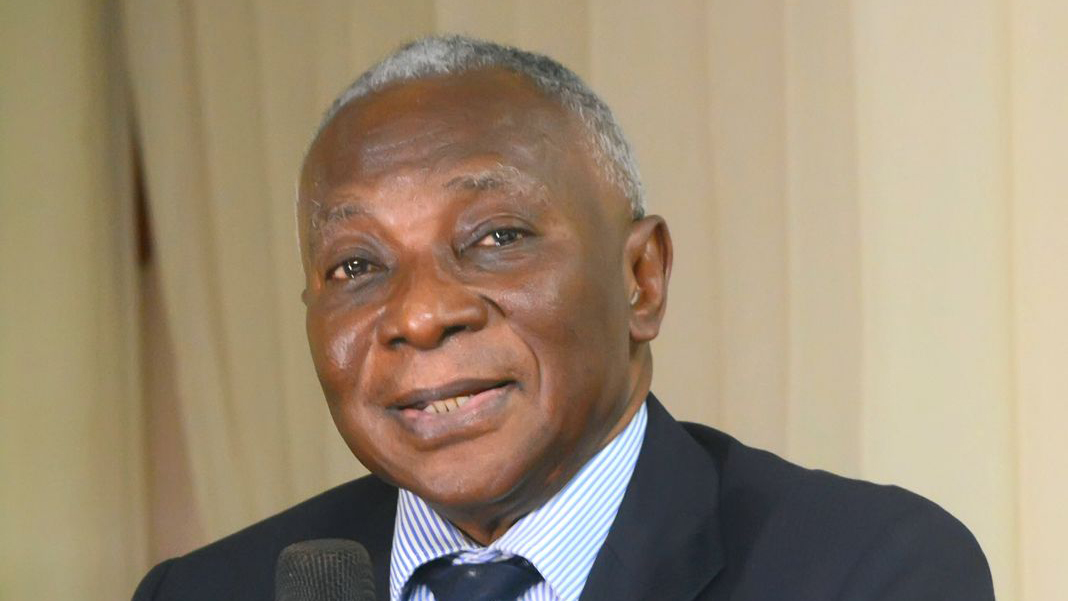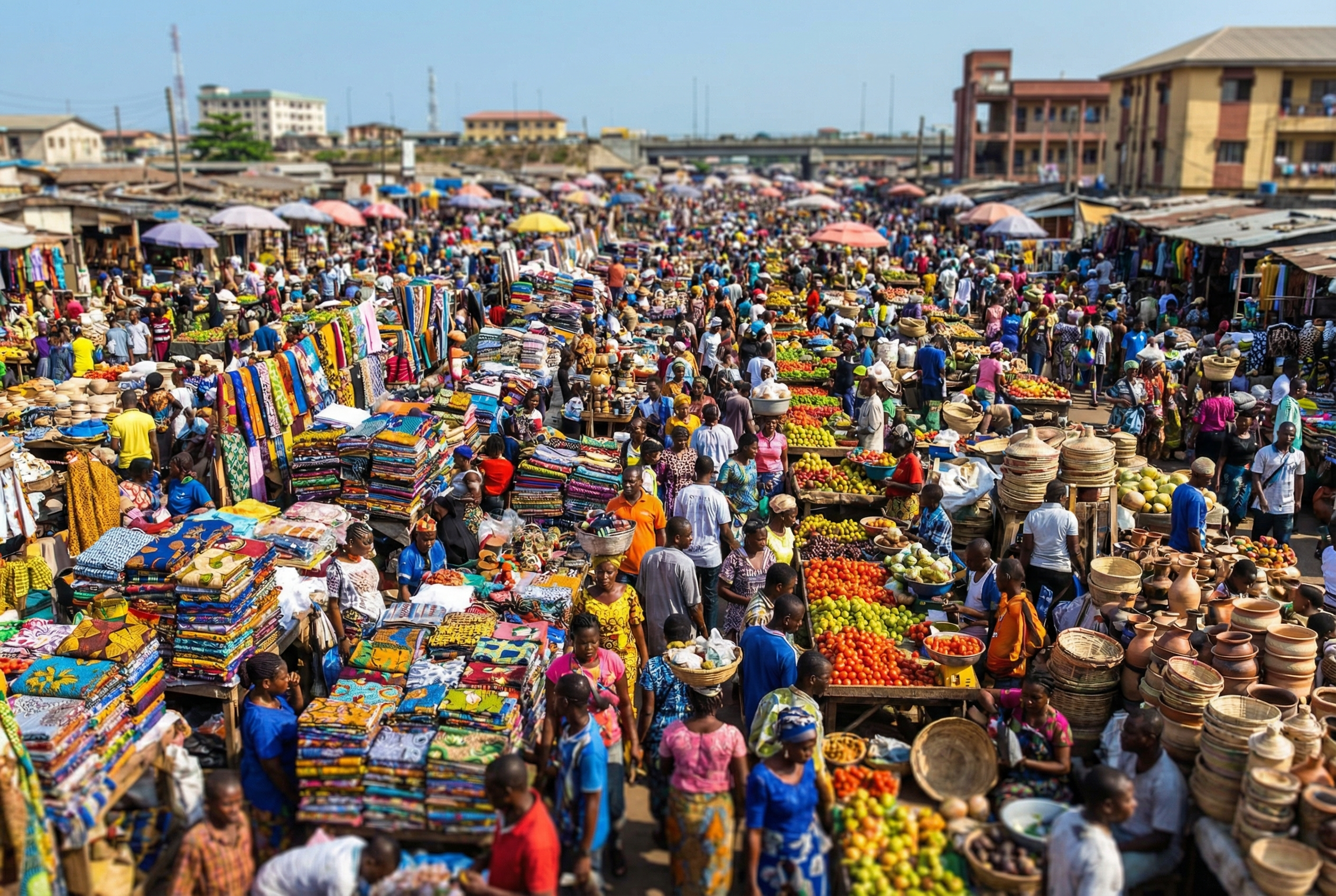
Now that more regional development commissions have been created by the Federal Government, pray there would be expedited development activities across the country.
Commissions of this nature convey a sense that the designers understand the urgency to spread growth among the regions, knowing that the present system is not only distant and inefficient, it is fast losing the grip and cohesion necessary to grow and build the nation.
The resort to development commissions is also a reminder that Nigeria was organically planned to run a regional system that was not only closer to the people, it is on record to be functional and suitable to the realities of the peoples that constituted the federation.
But since military regimes abandoned the regional style of governance after the coups of 1966, successive federal operators have struggled to manoeuvre a mishmash of unitary, regional and federal systems same time, with little success.
This accounts for the perpetual state of disarray and the endless demand by the original constituents for a return to the fundamentals. Unfortunately, the type of self-serving representation constituted in today’s national parliament can only scratch the surface.
Without a conscious effort to explain the ideology behind the cloning of development commissions, citizens are permitted to see this gesture as another self-seeking political stunt by this administration to gain electoral popularity. Simply put, this government is shy to summon an assembly of regional authorities to debate the future of Nigeria.
Through the back door, it appears President Tinubu has shopped for old ideas buried in previous constitutional debates and pushing them through policies. If he succeeds, he would be confirmed the real master strategist who promoted regionalism without spilling blood or splitting hairs at tumultuous conferences of ethnic nationalities. When he’s done after eight years, let whoever succeeds him contend with harder issues.
There are regional development groupings among contiguous states, like the South-west’s Development Agenda for Western Nigeria (DAWN), the South-south’s regional development body known as BRACED. These are not doing well, not because they lack the resources to partner for development, the owner states contend more with ego issues and absence of purposeful and unifying leadership.
Otherwise, those are the types of home-grown bodies the regions need to drive sustainable development. When they pull their own resources and are professionally managed as was the case of O’dua Group in the first and second republics, chances are that they could perform better than politically motivated federal commissions.
Now, the source and manner of funding the new regional commissions now bundled under the Ministry of Development Commission should be addressed. It is said that 15 per cent of the total monthly allocation shared to the regional member states from the Federation Account, plus some percentage from the ecological fund and from key oil and maritime companies operating in the regions will form major part of the funding.
Many states are already strained financially due to poor management of own resources; no doubt, these commissions would constitute added burden if states are not properly keyed in.
The last has not been heard of the friction in states after the Federal Government declared a dispute over autonomy for local government councils and sought the Supreme Court’s ruling, which favours immediate financial and invariably, political autonomy for councils.
Autonomy is a nice buzzword, but the ruling is suspect, as the Constitution already envisaged that local governments are organically part and parcel of states, in Chapters Seven and Eight. To now attempt to sever that relationship without first debating the philosophical underpinning as well as amending the Constitution with substantial inputs from states, contravenes the federal nature of the Constitution.
Similarly, some states went to the Supreme Court to challenge the federal law that established the Economic and Financial Crimes Commission (EFCC), on the ground that Section 12 of the Constitution requires states’ input in the EFCC Act, since it was a convention that needed to be domesticated by both the Federal Government and states.
As unpopular and ridiculous as the judicial excursion may appear, given that the EFCC Act has been in operation for nearly 20 years, the federal system anywhere does not authorise the federal authority to boss over federating units, especially when the federal authority is duplicitous and not well-meaning.
Beyond their unconstitutionality claim, states have realised that the Federal Government does not apply the EFCC law with equity and fairness. In appointments and staffing, the Federal Government owns the EFCC and has selectively deployed the Commission in an unjust manner.
Many federal appointees and lawmakers are supposed to be in jail if the EFCC were allowed to function unhindered by the office of the Attorney General of the Federation (AGF) and interested parties in thePresidency.
In the same vein, when states allow regional commissions to be controlled and staffed by the Federal Government, without input by states in the legislation that created them, you can be rest assured that when the dust settles, the rash decision to create commissions will be challenged, particularly with regard to taking states’ share of federal allocation to fund agencies that they do not supervise. It is also politically unsafe for states to allow commissions that could serves as parallel systems for the central government to meddle in local affairs.
Before the Niger Delta Development Commission (NDDC) was created by an Act of Parliament in 2000, as a replacement for the Oil Mineral Producing Areas Commission Decree (1998), the idea went through decades of conferences to get critical stakeholders of the country to acknowledge the peculiar demands of the South-south people and the challenges of oil producing communities.
It was even more contentious to reach agreement on the percentage of revenue to be allocated from the Federation Account for tackling ecological problems arising from the exploration of oil minerals in the Niger Delta Area. At the end of the day, nine states were listed to benefit from the NDDC intervention; Abia, Akwa Ibom, Bayelsa, Cross River, Delta, Edo, Imo, Ondo and Rivers State, with the headquarters of the Commissionin Port Harcourt.
As part of its functions, the Commission was charged to formulate policies for the sustainable development of the region in areas of transportation including roads, jetties and waterways, health, education, employment, industrialisation, agriculture, housing and urban development, water, electricity and telecommunication.
The sources of funding the NDDC according to the Act are; the equivalent of 15 per cent of monthly allocation due to member states, being the contribution of the Federal Government; 3 per cent of the total annual budget of any oil producing company operating, on shore and off shore in the Niger Delta Area; including gas processing; 50 per cent of monies due to member States of the Commission from the Ecological Fund; proceeds from assets; and others.
But in actual disbursements to NDDC, it is reported that the Federal Government hardly fulfils its side of the funding. As at 2023, government was said to owe NDDC N2 trillion. Despite that monumental shortfall, the Commission is reported to have earned N6 trillion for 19 years, but sadly, 13,000 of its projects are said to be doubtful according to a forensic reportcommissioned by the Muhammadu Buhari administration.
Hundreds of projects have either been abandoned or terminated. If you walk the streets of Niger Delta, nothing distinguishes them from those of non-oil producing states.
You will encounter the same deprivation and lack, despite the added 13 per cent derivation money shared to oil producing states.There were also capital disbursements to the region from the now defunct Niger Delta Ministry. In the rating of indebted states, Niger Delta states rank very high. Perhaps this is a lesson in how not to throw money at problems without quality corporate governance system.
The purpose for highlighting the NDDC model is to express concern that what is planned for the new development commissions as sources of funding is not different.And for a Federal Government that is notorious for mass-producing agencies without the discipline and commitment to fund them, there is little to cheer in the new arrangement and re-designations.
The North East Development Commission (NEDC), which was established in 2017, to rebuild the region after years of self-inflicted insurgency and the collateral destruction has also not fared better. So far, you find similar stories of gross misappropriation and insufficient funding at NEDC.
The Commission has earned N3 trillion so far, with a total of N126 billion going to personnel cost. Nothing substantial is on ground to justify the mandate NEDC was given apart from rehabilitating internally displaced persons and distributing rice. The Commission says it needs 31 trillion to actualise its mission and master plan. That’s a long way to go.
There is also the Hydroelectric Power Producing Areas Development Commission (HYPPADEC), established in 2010 by an Act of the National Assembly to address the peculiar ecological challenges in 10 states. They were originally six states; Niger, Kogi, Kwara, Benue, Kebbi and Plateau. President Tinubu added four states to HYPPADEC when he signed the 2023 Electricity bill into law. The Commission is also hampered by severe underfunding.
Lest we forget, oil and gas remain the major contributor to Nigeria’s economy, accounting for 40 per cent of the country’s GDP, 70 per cent of budget revenues and 92 per cent foreign exchange earner. That is to lament that the country is still largely dependent on oil producing states and communities for sustenance.
As the Federal Government proliferates development commissions, ostensibly to gain political advantage, let them not forget the original demand for equity and justice by the South-south people. The fact that oil producing states have squandered immense opportunities for accelerated development should not be taken as an excuse to undermine their decades-old agitation and the consensus to protect the goose that continues to lay the golden egg.
Let this government not reopen old wounds in the name of political correctness.






